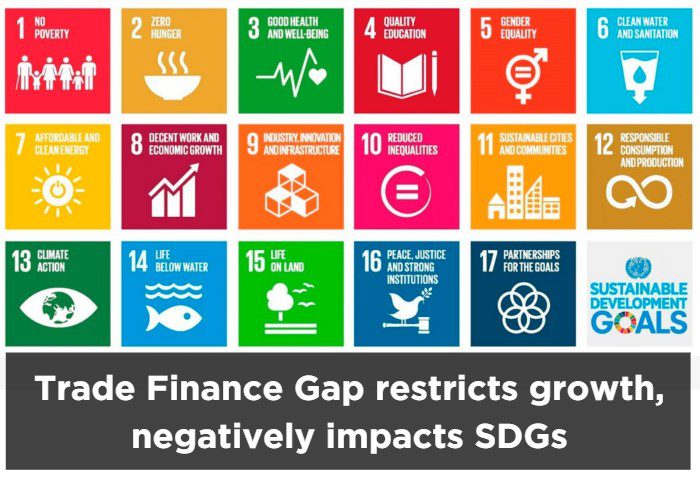When banks and non-banking financing companies (NBFCs) are reluctant to lend to MSMEs without adequate collateral and also because of the high servicing costs and lending risks, supply chain financing (SCF) can assist them by removing working capital-related barriers to growth. Furthermore, the digitization of SCF procedures and other technical advancements witnessed during the Covid-19 pandemic have lowered financing costs significantly and increased business efficiency for sellers and buyers in sales transactions. Thus, SCF offers numerous benefits to MSMEs by enabling the latter to navigate working capital deficits, lowering costs, and stabilizing operations. MSMEs can, therefore, depend on SCF to grow and expand their operations.


FinTech’s Green Revolution: Nurturing Sustainable Practices Among Small Businesses
BY Triterras
- 09/04/24
Ashish Srivastava, our Triterras' Chief Commercial Officer shares in-depth with Intelligent Fin.Tech, a global technology intelligence platform which gathers the latest financial information, on how FinTech has emerged as a crucial catalyst, motivating and supporting small to medium enterprises on their path towards environmental responsibility through sustainable trade finance.


















